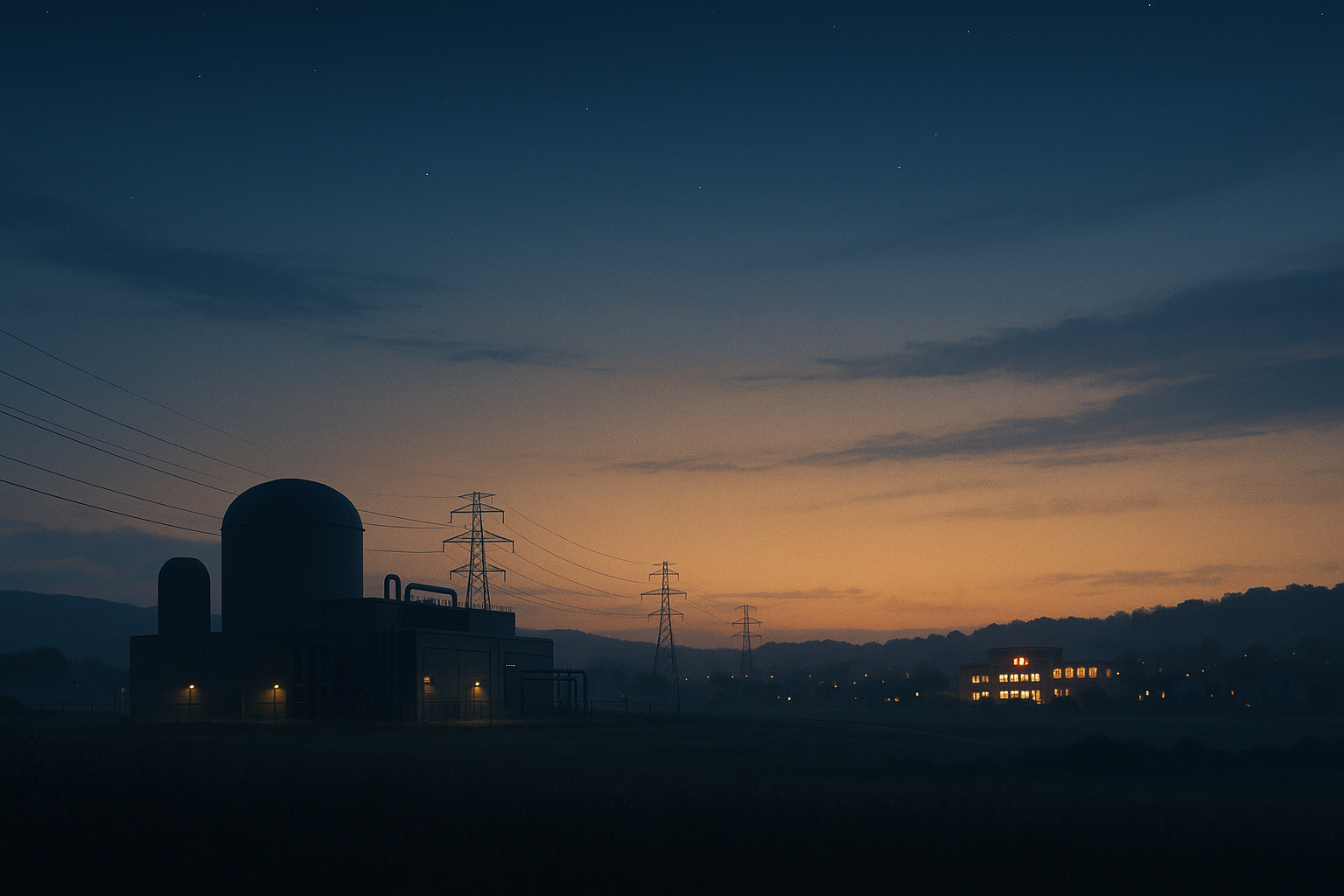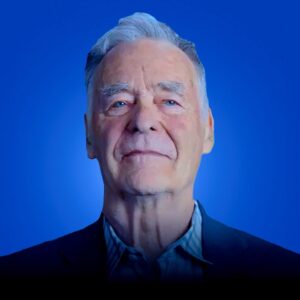I’ve been working in nuclear energy since Elvis got his head shaved.
When we sketched cores on vellum, not CAD.
Long enough to see nuclear power rise, fall, and start rising again — like a very stubborn phoenix that refuses to stay down.
Over the years, I’ve learned that nuclear energy isn’t just about neutrons and cross-sections, or keeping a reactor core in perfect thermal balance. It’s about ethics. It’s about whether we leave behind a world where clean water runs freely and lights stay on in hospitals — or one where progress stalls every time the grid flickers.
When I took my first nuclear engineering course, I was hooked. It was clean, elegant science with a purpose: to give humanity nearly limitless, reliable energy. And for a while, it felt like the world agreed. We were going to build our way into a future where abundant power would be taken for granted — where no one would worry about how long the hospital generator would hold out, or whether an entire city would go dark in a heatwave. Then fear crept in. Accidents made headlines. Misinformation made its way into dinner conversations. Suddenly, nuclear power went from hero to villain faster than you can say “Three Mile Island.”
But here’s the thing — when you really look at the facts, nuclear is still the safest, cleanest, most efficient energy source we’ve ever created. No one died from radiation at Fukushima. Chernobyl was a tragedy, yes, but a uniquely flawed design we never would license or use in the West. The record of nuclear power, especially in the U.S., is one of discipline, precision, and constant learning — not catastrophe. Fear spreads fast, but the truth moves at the speed of engineering reviews.
And yet, even with all the progress we’ve made, billions of people still live with unreliable or nonexistent electricity. I’ve been to places where children do homework by candlelight because the power cuts out every evening. Where hospitals ration diesel for their backup generators. Where crops spoil before they reach market because there’s no cold storage. Energy isn’t just a convenience — it’s survival. It’s health, education, and economic dignity. So, when people ask me if we “should” build more nuclear, I tend to flip the question: How can we not?
We finally have the tools to do it right. The new generation of small modular reactors — the kind our team at FANCO is building — are compact, factory-fabricated, walk-away safe, and based on proven physics. They can power communities, data centers, or entire nations without carbon emissions, and without the footprint of sprawling wind or solar farms. You could fit one on the footprint of a basketball court — though I wouldn’t recommend dunking on it.
But beyond the science, there’s something deeper that’s always guided me. Years ago, while speaking to a room full of theology students, I realized that energy is an ethical question. Are we willing to let billions live in poverty when we have a safe, clean way to lift them out of it? To me, the answer is simple: providing abundant, clean energy isn’t just good engineering — it’s the right thing to do.
After sixty years in this field, I’ve come to believe that progress isn’t measured by how many gigawatts we produce — but by how many lives we brighten, literally and figuratively. The choice before us isn’t about technology alone. It’s about whether the next generation inherits a world of steady light… or one that still flickers in the dark.
We’ve spent decades proving nuclear can work. Now it’s time to prove that it will.


 Share
Share